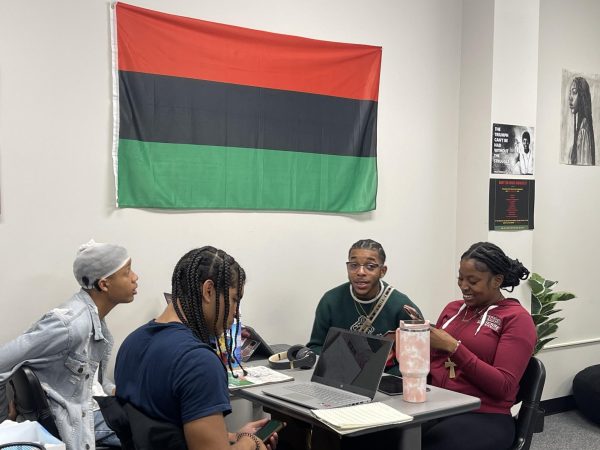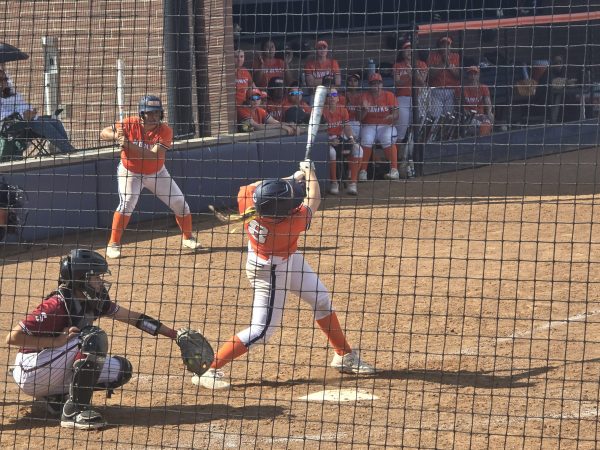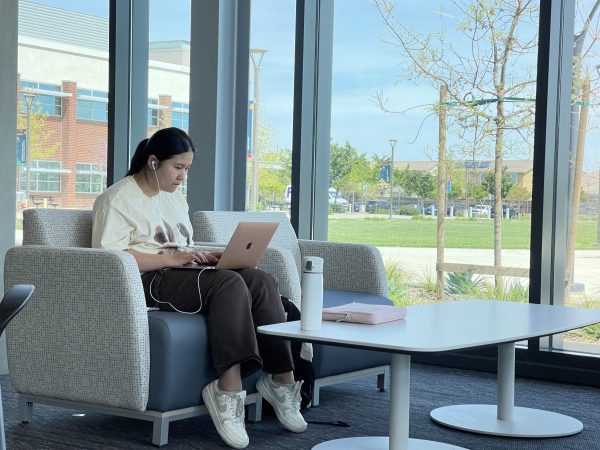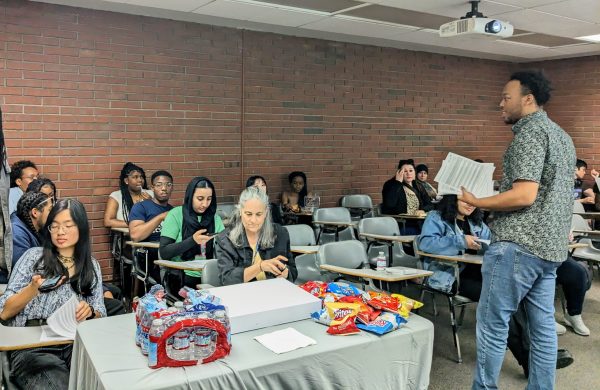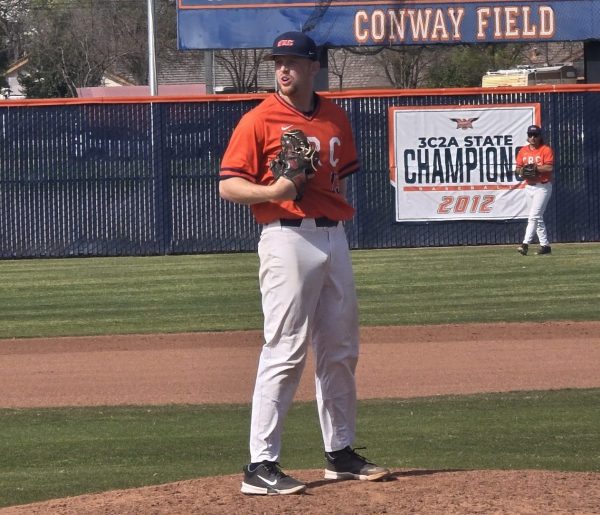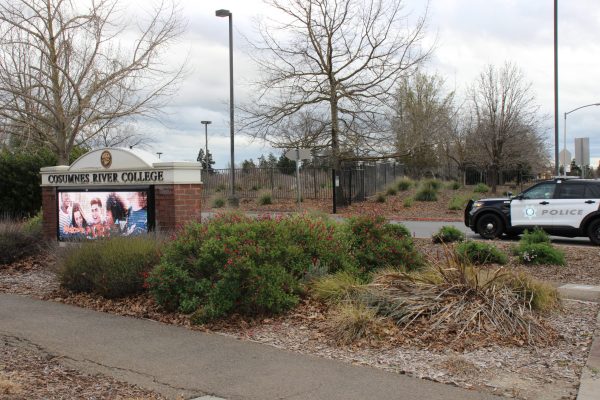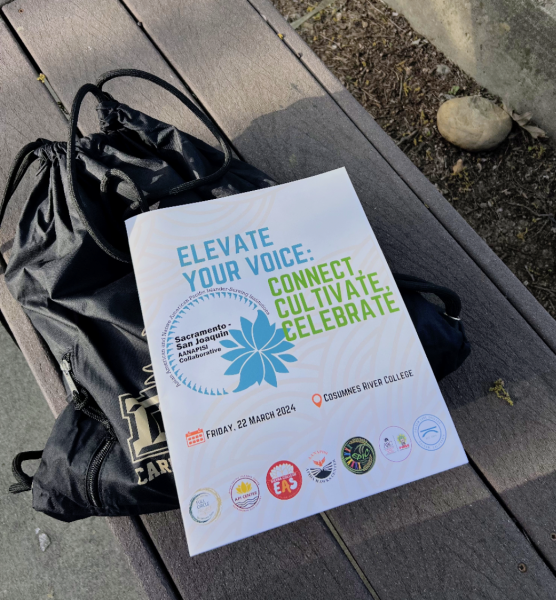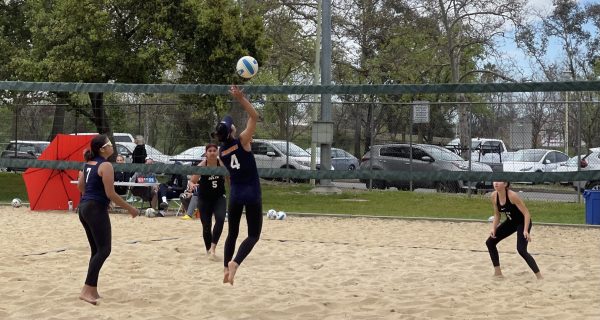Athletes should make education a priority, coaches say
There is a common misconception in the college sports world that athletes only continue with their education to get into professional sports, but that is far from the case at most colleges.
At Cosumnes River College, athletics do not come before education.
“A very high percentage of our athletes will transfer to university,” said Athletic Director Liz Belyea. “The main goal is to get a four-year education for all students whether through sports or not through sports. We provide a support system for our athletes to successfully complete their education.”
That support system consists of studying in the tutoring center and reaching out to personal tutors if necessary. Athletes who are struggling to meet academic standards will be referred to this support system in order to promote educational growth, Belyea said.
“We find out their grades through grade checks and if they are doing poorly we have them go see the people in the study center to make sure they are doing the right thing,” Belyea said.
Although this support system is put in place to help struggling student-athletes, most CRC athletes academically flourish.
“All my athletes transfer,” said baseball head coach Tony Bloomfield. “Our guys come in here with the expectation that they are here to transfer and graduate and that’s what we tell them when they come in here.”
In order to play a sport at CRC, students must be enrolled full-time and pass a GPA requirement of 2.0.
“We do grade checks on our athletes two to three times a semester and make sure they get help when they need it,” Bloomfield said. “If a kid is doing bad in the classroom, I don’t play the kid.”
The athletes themselves understand that academic goals are a higher priority than playing.
“The first thing I was told when I started was to keep my grades up,” Royletha Hudson, a freshman middle blocker for the volleyball team said. “I always liked to play volleyball, but I know that I can’t always do this and school has to be important.”
Hudson said that she hopes to be a psychologist one day.
“We are here to develop these kids for the real world,” Bloomfield said. “The only difference between players and everyone else is that they play a sport.”
Students who attend CRC have specific goals in mind and the same holds for athletes.
Student-athletes have certain majors and study towards achieving a degree in that field. Through CRC athletics, students are able to enjoy their sport while attaining an education.
Christian Ochoa, freshman midfielder and forward for the men’s soccer team, said that he sees the importance of an education for life after CRC.
“My passion is for soccer since I was a kid and I also loved cars,” Ochoa said. “At this school I can do both and when I’m done, I know I will be prepared.”
Participating in sports at the community college level becomes more than just playing a game, but entails learning valuable life lessons.
“We are teaching these athletes that they have to work hard,” Bloomfield said. “When the game gets hard, I ask my guys if they are gonna quit because in the real world it’s hard out there.”


